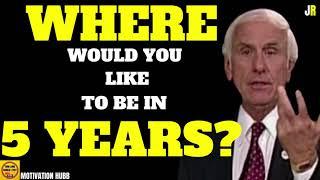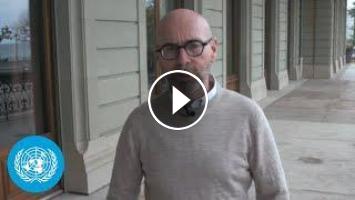Following the public executions of three people at sports stadiums in Afghanistan in the past week, the United Nations Office of the High Commissioner for Human Rights issued a strong condemnation of these and other abuses, and called on the de facto authorities to ensure full respect for due process and fair trial rights.
The Office of the United Nations High Commissioner for Human Rights (OHCHR) today (28 Feb) issued a statement condemning the public executions of three people at sports stadiums in Afghanistan in the past week.
Human rights spokesperson Jeremy Laurence said, “the executions in Ghazni and Sheberghan cities were carried out in the presence of de facto court and other officials, as well as members of the public. The convicted individuals were reportedly shot multiple times. Since the Taliban takeover in August 2021, five people have been publicly executed further to decisions of the de facto judicial system and approved by the Taliban leader.”
Laurence said, “the de facto authorities also continue to implement judicial corporal punishment in public. On the 25th of February, in Laghman, in the east, a 12-year-old boy and a man were flogged for the crime of immorality, again in public and in the presence of de facto officials. On the same day, in Balkh province in the northwest, a woman and a man convicted of running away from home and adultery were publicly flogged 35 times. Public executions and corporal punishment are forms of cruel, inhuman, or degrading treatment or punishment, which is prohibited under international human rights law. Given these serious concerns, we urge the de facto authorities to establish an immediate moratorium on any further executions, and to act swiftly to prohibit use of the death penalty in its entirety. Corporal punishment must also cease. More generally, we call on the de facto authorities to ensure full respect for due process and fair trial rights, in particular access to legal representation, for any people confronted with criminal charges.”
The Office of the United Nations High Commissioner for Human Rights (OHCHR) today (28 Feb) issued a statement condemning the public executions of three people at sports stadiums in Afghanistan in the past week.
Human rights spokesperson Jeremy Laurence said, “the executions in Ghazni and Sheberghan cities were carried out in the presence of de facto court and other officials, as well as members of the public. The convicted individuals were reportedly shot multiple times. Since the Taliban takeover in August 2021, five people have been publicly executed further to decisions of the de facto judicial system and approved by the Taliban leader.”
Laurence said, “the de facto authorities also continue to implement judicial corporal punishment in public. On the 25th of February, in Laghman, in the east, a 12-year-old boy and a man were flogged for the crime of immorality, again in public and in the presence of de facto officials. On the same day, in Balkh province in the northwest, a woman and a man convicted of running away from home and adultery were publicly flogged 35 times. Public executions and corporal punishment are forms of cruel, inhuman, or degrading treatment or punishment, which is prohibited under international human rights law. Given these serious concerns, we urge the de facto authorities to establish an immediate moratorium on any further executions, and to act swiftly to prohibit use of the death penalty in its entirety. Corporal punishment must also cease. More generally, we call on the de facto authorities to ensure full respect for due process and fair trial rights, in particular access to legal representation, for any people confronted with criminal charges.”
- Category
- United Nations
- Tags
- UN, United Nations, UNGA
Be the first to comment













